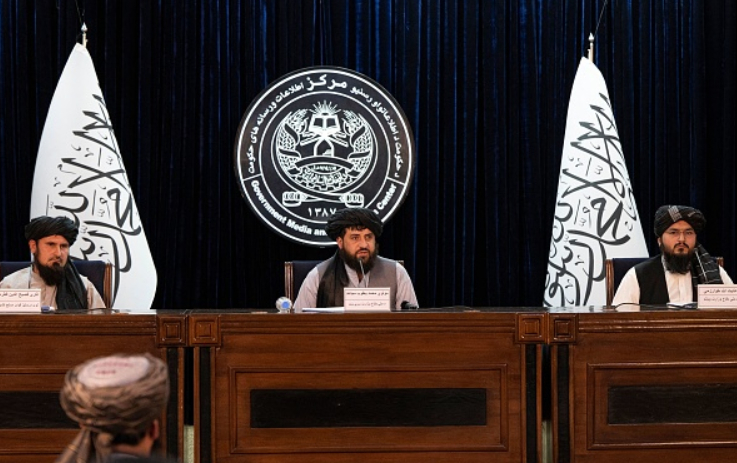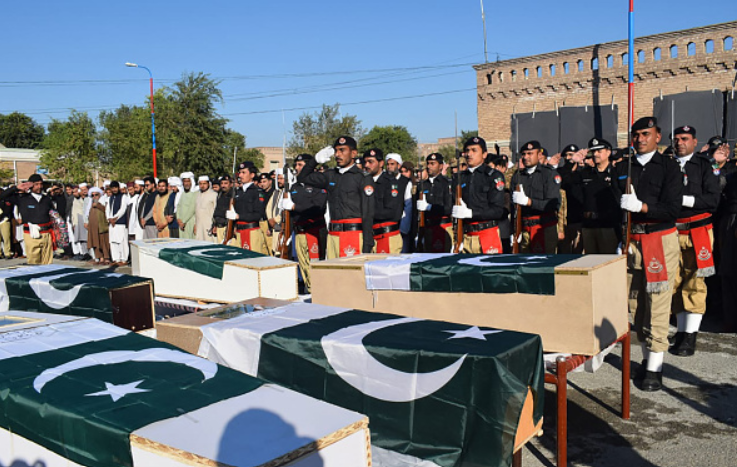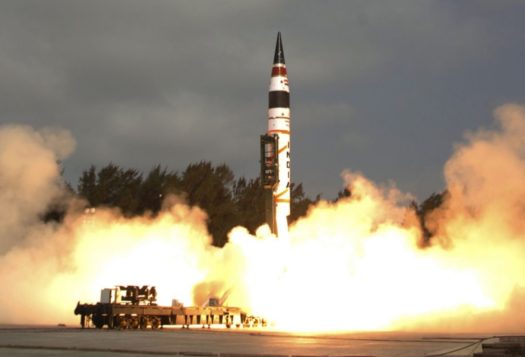
On November 30, a suicide bomber associated with Tehreek e Taliban Pakistan (TTP) attacked a police vehicle in Quetta, killing four, underscoring the resurgent threat of the group.
On November 28, the TTP formally declared an end to the ceasefire with Islamabad amid an already ongoing cycle of violence in Pakistan. An influx of consistent terrorist attacks since the Taliban takeover in 2021 has battered Pakistan, with Balochistan and Khyber Pakhtunkhwa being the most affected provinces. Although Pakistan has sporadically communicated with the TTP over the past year and a half, the unrealistic demands of the insurgent group have complicated negotiations. Meanwhile, former TTP fighters accepted government offers to return from Afghanistan and reintegrate into local communities. As a result, many TTP fighters returned to Swat Valley, the former stronghold of the TTP. The return has sparked unprecedented public displays of opposition to the TTP in Swat.
Moreover, Pakistan’s current political instability, the civil-military rift, the Taliban’s inhibition to rein in the group, and the TTP’s use of violence will hinder any meaningful outcome of the TTP’s peace dialogue with Islamabad. Since 2018, the TTP has restructured into a decentralized entity and scaled up its attacks in 2021. To curb a new cycle of violence, Pakistan must prepare for an increase in terror attacks by the group by taking advantage of the unprecedented shift in public perception against the group in the Swat Valley, hardening border infrastructure coupled with precise kinetic options, and mounting diplomatic pressure on the Taliban to neutralize threats from the TTP.
Taliban-TTP Relations
In the late 1990s, Pakistan enjoyed a positive relationship with the Taliban due to the group’s antagonistic relationship with the erstwhile resistance conglomerate Northern Alliance (NA) – a group that had the backing of India. After the September 11 attacks, Taliban members dispersed and crossed over into Pakistan. Islamabad was initially reluctant to target the group for fear of retaliation.
Pakistan’s current political instability, the civil-military rift, the Taliban’s inhibition to rein in the group, and the TTP’s use of violence will hinder any meaningful outcome of the TTP’s peace dialogue with Islamabad.
In the lead-up to the 2020 Doha Agreement, Pakistan facilitated communication between the United States and the Taliban to ensure a peaceful Afghanistan. At the onset of the second Taliban regime, the newly-established government promised the United States and its allies that it would not allow terrorist groups to use Afghan soil for training purposes, including the TTP, Al-Qaeda, and the Islamic State Khorasan Province (ISKP).
Nevertheless, violent incidences from terrorist groups based in Afghanistan are spilling over the border into Pakistan. The Swat district in the Khyber Pakhtunkhwa province is once again under threat of becoming the center of TTP operations for extortion, kidnapping, and targeted killings. In the last wave of TTP terror in 2009, the TTP surfaced in Swat under the guise of a militant movement Nifaz e Shariat e Muhammadi, then headed by Sufi Muhammad. By exploiting political and social grievances, the movement had allowed the TTP to unleash violence against state authorities, educational institutes, and girls and women, which ultimately disillusioned the local population about the group’s extremist aspirations. The Afghan Taliban has enforced similar restrictions on girls’ education and are preventing women from political and economic pursuits. The group has also used violence against dissidents. Other than seeking ascendancy of Deobandi political influence through violence, the Afghan Taliban and the TTP are opposed to Pakistan’s fencing efforts of the Pakistan-Afghanistan border. This has emboldened the TTP to use Afghan soil for staging attacks inside Pakistan. Despite the Taliban’s promise to take military action against the TTP if their talks with Islamabad failed, the Taliban has yet to decisively act against the group.
Elusive Peace Amid Talks
Pakistan initiated negotiations with the TTP shortly after the Taliban takeover, hoping to use the Afghan Taliban’s influence to obtain its objectives. The Afghan Taliban agreed to facilitate peace talks between Islamabad and the TTP but has thus far remained on the peripheries of the discussion, claiming that it was best for Islamabad and the TTP to work out their issues internally.
As a result of the negotiations, both sides announced a ceasefire in November 2021, which insurgent groups unilaterally ended one month later. The peace dialogue resumed in June 2022 –culminating in an additional ceasefire – but was confronted with a similar fate when the TTP ended it, citing that the government breached the accord. Islamabad hoped that peace talks with the TTP would convince the insurgent group to surrender fighting. Reports of the secret talks also revealed that Pakistani negotiators offered the TTP the opportunity to form an official political party within Pakistan.

Regardless of Islamabad’s willingness to make concessions, the TTP remains steadfast in its demands. The TTP has called on Pakistan to reduce its military footprint in the tribal region. They have also advocated for the abrogation the 2018 Khyber Pakhtunkhwa Tribal Districts (KPTD) reforms, which abolished draconian and colonial Frontier Crimes Regulation (FCR) with equal constitutional rights and incorporated tribal areas into KP. Pakistan has shown a willingness to discuss the reduction of forces in the tribal regions but is hesitant to reconsider reversing the 2018 KPTD reforms. Meanwhile, Pakistan’s Swat region witnessed a sharp rise in TTP militants in September and October.
TTP’s Spike in Violence
TTP terror attacks have left an indelible mark on the collective consciousness of KP. For instance, recent peaceful protests in KP against the TTP reflect vociferous opposition. Thousands have flocked to these protests in Swat Valley, displaying their unflinching resolve against ceding space to militants. The mass opposition indicates a significant shift in public opinion from 2009 when the militants first occupied the valley.
Likewise, there is large-scale public reluctance toward a mass military operation like Operation Rah-e-Raast. The operation, although deemed a success by the Pakistani military in countering the TTP, displaced thousands of lives in the valley. Public opposition now suggests that tensions could boil over into violence across Swat. As a result, Pakistan must respond to neutralize the threat. Relying on public sentiment, the military’s intelligence-based operations can help deter the group from taking hold of the valley again.
Not only will the Taliban’s commitment to denying Afghan soil to terrorists improve regional security, but it will also directly affect its quality of diplomatic relations with Pakistan.
Across the border in Afghanistan, the Taliban has ensured that terror groups maintain a dormant presence: a position that remains a source of contention between Western interlocutors and the Taliban. It is also possible that the Taliban might wish to regain territory – through the TTP – in the former Federally Administered Tribal Area (FATA) in Pakistan, where Taliban and al-Qaeda militants fled after U.S. bombing missions in 2001. The remote terrain in the border regions means that Pakistan will not be able to solely rely on hardening the border to deny such a goal. Pakistani forces have previously intercepted intrusions by relying on physical interception, drones, air strikes, infrared sensors, and high-tech border equipment to check militant movements but using drastic shifts in public opinion against the TTP is more salient in combatting the group’s resolve.
Is the End Game Peaceful?
The incessant TTP terror attacks have shifted any earlier inclinations to conduct peace talks with the organization. The recent intelligence-based operation in North Waziristan suggests that the future of negotiations remains grim. The possibility of a negotiated settlement is unlikely. Similarly, the federal government’s assertive stance against the TTP will culminate in a demand that the Afghan Taliban adopt definitive measures against the terrorist group.
Ultimately, two factors will determine regional stability: the Taliban’s willingness to crack down on terror groups operating in Afghanistan, including the TTP, and Pakistan’s success in neutralizing threats from the TTP and ISKP. Not only will the Taliban’s commitment to denying Afghan soil to terrorists improve regional security, but it will also directly affect its quality of diplomatic relations with Pakistan.
***
Image 1: Wakil Kohsar/AFP via Getty Images
Image 2: Stringer/AFP via Getty Images


